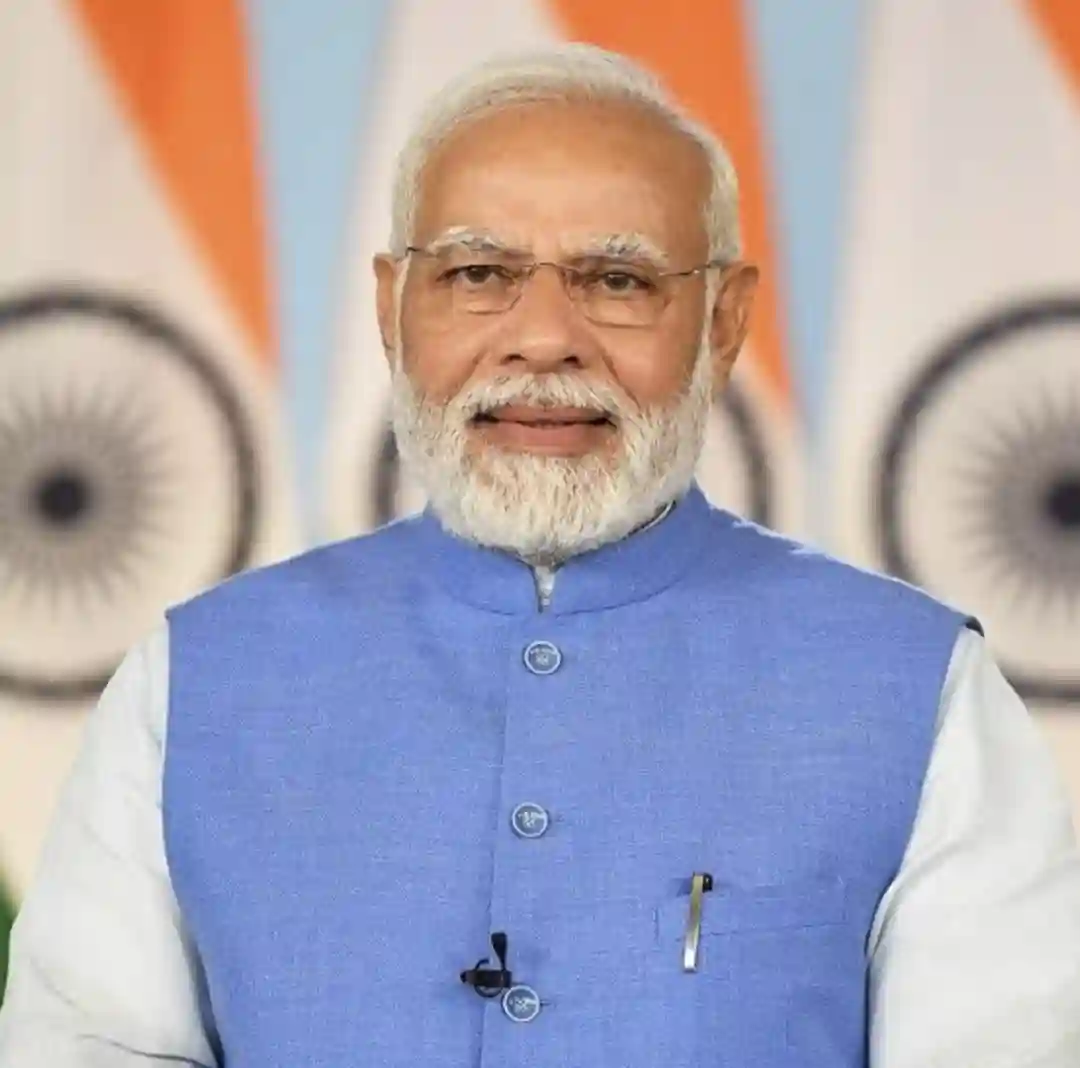Indian Prime Minister Narendra Modi’s Bharatiya Janata Party (BJP) failed to secure an outright majority for the first time since coming to power a decade ago.
The BJP won 240 seats in the staggered election, 32 short of the halfway mark in the 543-member Lok Sabha, the lower house of parliament. In 2019, the BJP alone won 303.
While BJP lost 63 seats in the election, its three main challengers all gained seats: the Indian National Congress (INC) won 99 seats, the Samajwadi Party won 37 seats, and the All India Trinamool Congress won 29 seats.
The BJP lost 63 seats, the Indian National Congress (INC) gained 47 seats, the Samajwadi Party gained 32 seats, and the All India Trinamool Congress gained 7 seats.
Modi’s BJP went into the elections as part of the NDA alliance which secured 293 seats – above the 272 mark needed to form a government
The opposition INDIA alliance, led by the Indian National Congress party secured 223 seats.
The right-wing Bharatiya Janata Party is now dependent on its allies to form the government.
According to Al Jazeera, Modi is accused of ramping up rhetoric against Muslims to unprecedented levels during his campaign in a bid to mobilise the Hindu majority.
At his rallies, Modi referred to Muslims as “infiltrators” and claimed the main opposition Congress party would redistribute the nation’s wealth to Muslims if it won.
However, the strategy failed to woo Hindu voters, while also solidifying minority communities’ support for the opposition.
Nilanjan Mukhopadhyay, the author of a Modi biography, told the AFP news agency many voters were concerned with India’s chronic unemployment problem rather than its ideological stance. Said Mukhopadhyay:
People were concerned about livelihood, unemployment, and price rises. They did not relate to what Modi and the BJP were saying.
Meanwhile, Modi has formally submitted his resignation to the president, as part of the protocol following a general election.
More: Pindula News

